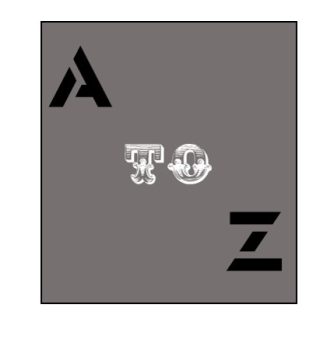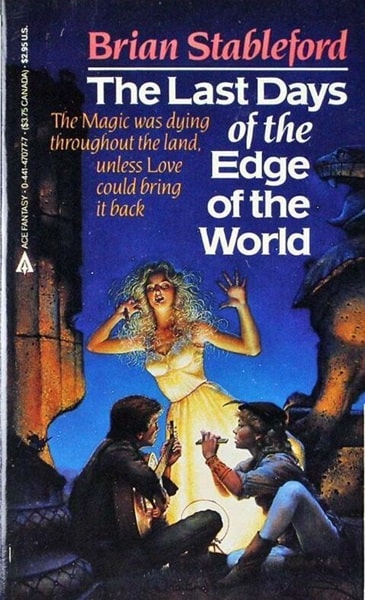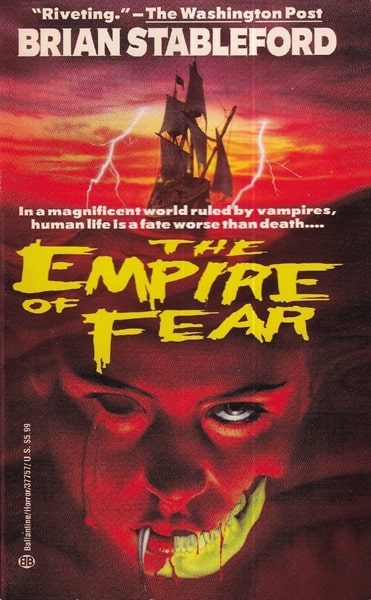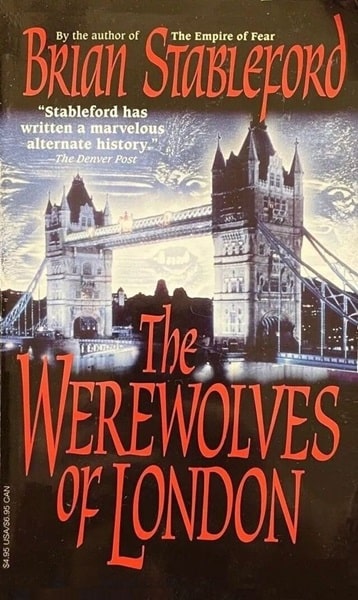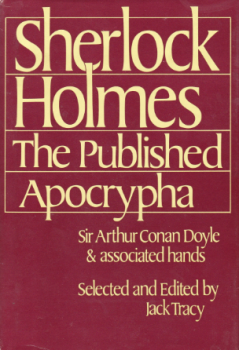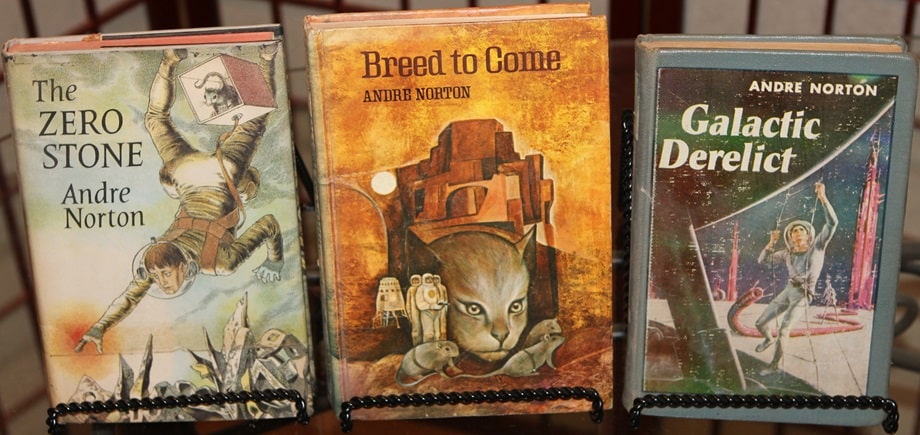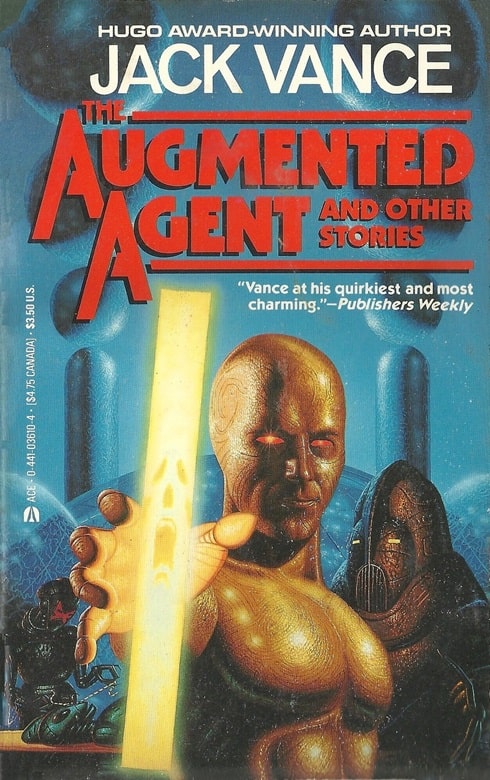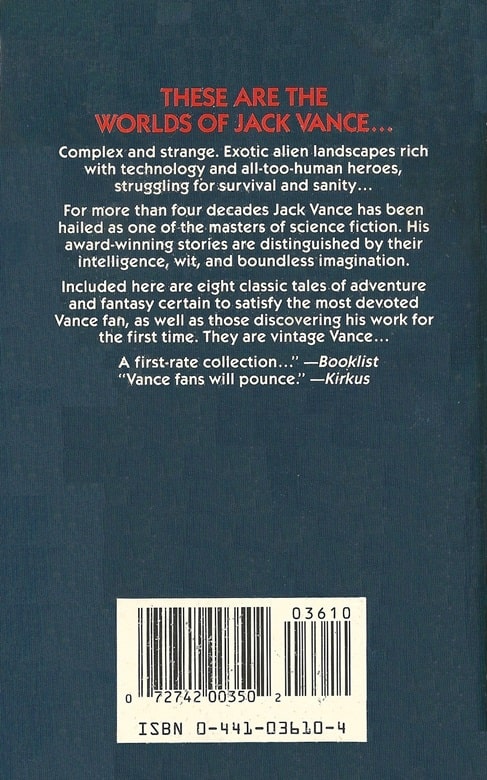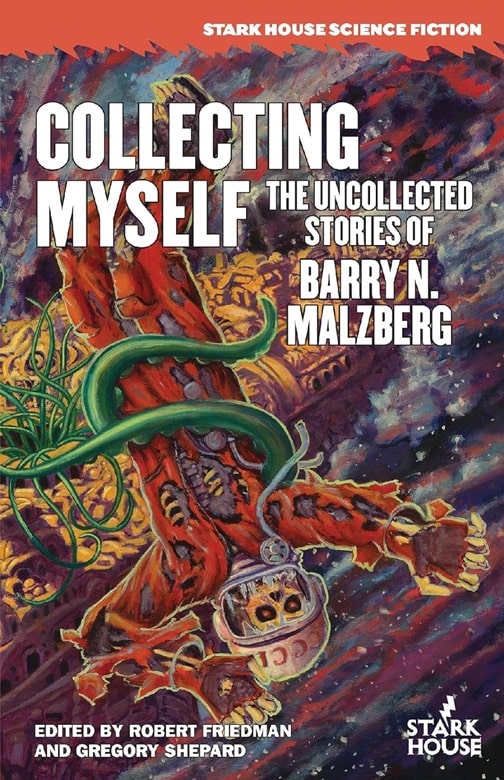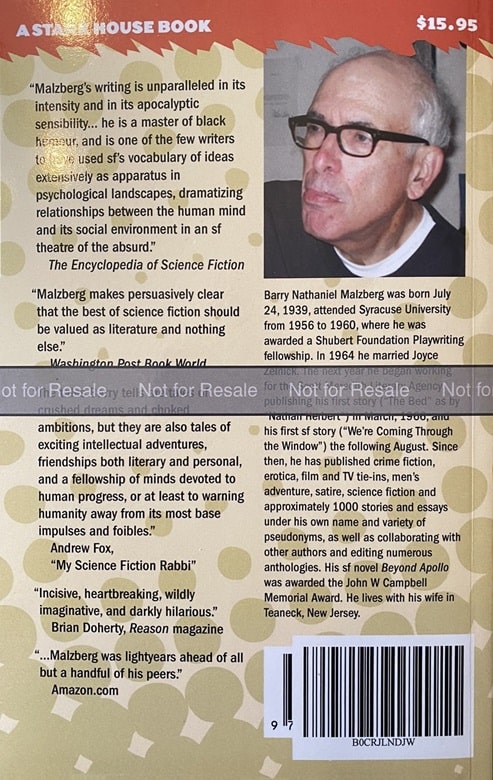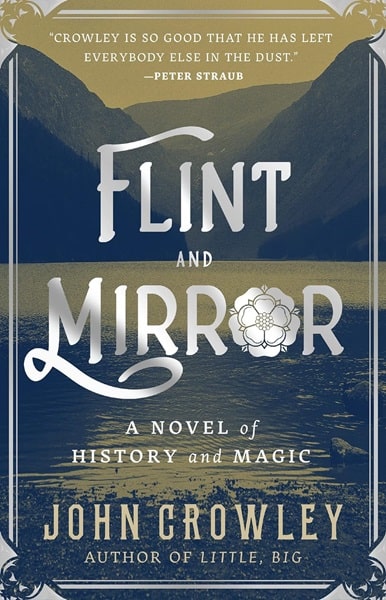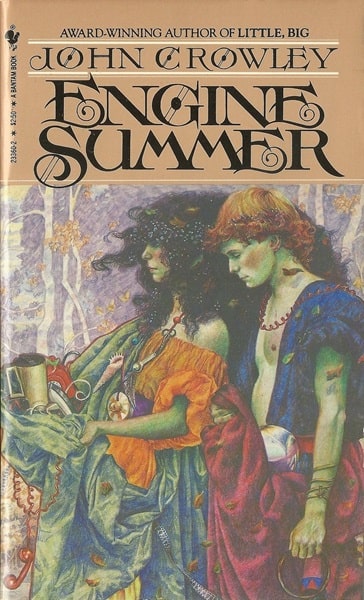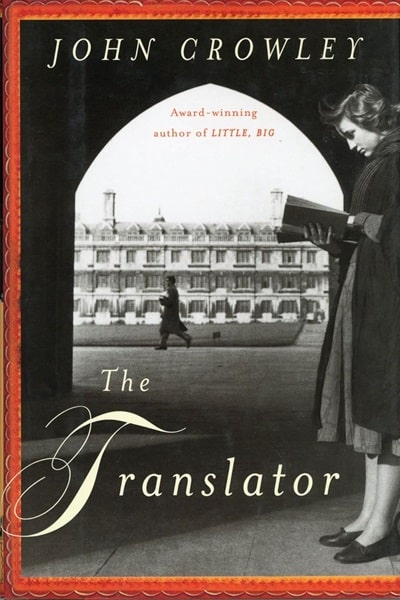A to Z Reviews: “Virtually Correct,” by Marianne Dyson
Marianne J. Dyson’s “Virtually Correct” was originally published in the May 1995 issue of Analog under the “Probability Zero” rubric. Stories published as part of the Probability Zero series are stories that use the science fiction tropes, but in a way that allows the author to write a story which could never happen.
Dyson tackles the concept of racial profiling in “Virtually Correct.” Maxwell Bishop runs a security firm known as Security Unlimited. The firm uses virtual reality simulations of actual crime scenes to train their security guards. Unfortunately, following a lawsuit in which a security guard from another firm shot a man who was determined to be innocent, a new law was passed regarding the use of virtual reality.
Mr. Compton has arrived to inform Bishop of the new stipulations, which mean that in order to avoid training his security guards with an unconscious racial bias, all of the individuals in the simulations must be recoded to be color-neutralized. Even as Bishop argues against the need and asks for an exemption, he questions whether he would respond the same way if Compton were caucasian instead of Black.
